 In an era where climate change demands urgent action, technology is a game-changer for building environmental awareness. From AI-driven pollution trackers to apps that gamify recycling, innovations are making sustainability accessible and engaging. One powerful yet often overlooked example? Digital creativity tools like Stockzen that make premium design assets affordable and instantly available, helping creators worldwide produce compelling eco-campaigns with almost zero physical waste.
In an era where climate change demands urgent action, technology is a game-changer for building environmental awareness. From AI-driven pollution trackers to apps that gamify recycling, innovations are making sustainability accessible and engaging. One powerful yet often overlooked example? Digital creativity tools like Stockzen that make premium design assets affordable and instantly available, helping creators worldwide produce compelling eco-campaigns with almost zero physical waste.
The Power of Digital Creativity in Driving Environmental Change
Visual storytelling is one of the most effective ways to raise environmental awareness. Viral infographics about ocean plastic, animated explainers on carbon footprints, or social media posters for reforestation drives. All of these require high-quality assets: stock photos, vectors, templates, footage, and icons.
While platforms like Freepik, Envato Elements, Flaticon, Vecteezy, and Storyblocks offer incredible libraries, their recurring subscriptions are often out of reach for students, freelancers, NGOs, and creators in developing regions. This is where technology steps in: affordable, subscription-free download tools democratize access and align perfectly with sustainability principles by eliminating physical media entirely.
Introducing Stockzen: A Practical Tool for Sustainable Creativity
Stockzen is a fast, affordable downloader that gives you instant access to original premium files from the world’s top stock platforms, no recurring fees, no watermarks, no quality loss.
Simply paste a URL from any supported site, choose your file, and download in seconds via web dashboard or Telegram bot. Key platforms include:
- Freepik & Flaticon
- Envato Elements
- Storyblocks (video & audio)
- Vecteezy
- And many more
For environmental creators, this means:
- High-resolution nature photos and illustrations for climate reports
- Eco-themed icons and vectors for apps and presentations
- Stock footage of forests, oceans, and renewable energy for documentaries
- Ready-to-use PSD templates for awareness posters and sustainable product mockups
How Stockzen Reduces Environmental Impact
Every digital download replaces what used to be physical waste:
- No printed catalogs or proof sheets
- No DVDs, USB drives, or shipped hard drives
- No excess packaging or transport emissions
According to the United Nations Environment Programme (UNEP), shifting to digital equivalents significantly lowers material and energy footprints. Stockzen takes this further by preventing thousands of redundant individual subscriptions, reducing server load and overall digital waste.
Real-World Impact: From Local Educators to Global Campaigns
An environmental teacher in Southeast Asia can now create professional lesson materials using Envato templates downloaded via Stockzen. A small NGO in Africa can produce high-quality fundraising videos with Storyblocks footage, all without breaking the budget or the planet. When barriers fall, creativity rises, and environmental messages reach farther than ever before.
Want to explore more ways technology protects the environment?
Read our related article: Leveraging Technology for Environmental Preservation
Join the Sustainable Creative Revolution
Technology works best when it’s inclusive and responsible. Stockzen proves that making premium creative tools affordable isn’t just good business but also good for the planet. Ready to create powerful environmental content without the cost or the waste? Start Downloading with Stockzen. Together, we can use technology not just to talk about saving the planet, but to actually do it, one digital file at a time.





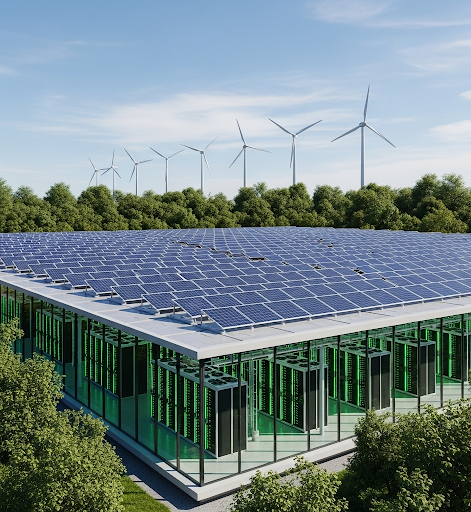
 If you run an environmental nonprofit or a green business, your mission likely includes making a difference right in your local community. But even the best mission can fall short if people nearby don’t know you exist. That’s where local SEO comes in. Local SEO helps your organization appear in search results when people nearby look for what you do. It’s one of the most effective and affordable ways to increase visibility, reach more supporters or customers, and grow your impact close to home. Working with a gute SEO Agentur Wien can make all the difference in crafting a strategy that truly connects with your local audience.
If you run an environmental nonprofit or a green business, your mission likely includes making a difference right in your local community. But even the best mission can fall short if people nearby don’t know you exist. That’s where local SEO comes in. Local SEO helps your organization appear in search results when people nearby look for what you do. It’s one of the most effective and affordable ways to increase visibility, reach more supporters or customers, and grow your impact close to home. Working with a gute SEO Agentur Wien can make all the difference in crafting a strategy that truly connects with your local audience.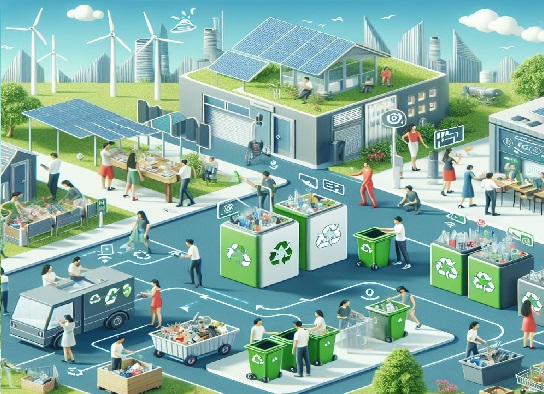

 The towing industry, like many others, faces growing pressure to
The towing industry, like many others, faces growing pressure to 


 first-person-shooter games, via mentoring plans offered by Radiant-ranked gamers belonging to the top 500 players in their region. The WeCoach coaching plans start from the most basic unranked modes through the competitive matches of the eight 3-tiered ranked game levels from Iron, to Bronze, Silver, Gold, Platinum, Diamond, Ascendant, Immortal and eventually, the single rounds of FPS events.
first-person-shooter games, via mentoring plans offered by Radiant-ranked gamers belonging to the top 500 players in their region. The WeCoach coaching plans start from the most basic unranked modes through the competitive matches of the eight 3-tiered ranked game levels from Iron, to Bronze, Silver, Gold, Platinum, Diamond, Ascendant, Immortal and eventually, the single rounds of FPS events. The WebCoach services go beyond improving game plays and strategies when performing any one of the 4 Agent roles Controller, Duelist, Initiator and Sentinel.
The WebCoach services go beyond improving game plays and strategies when performing any one of the 4 Agent roles Controller, Duelist, Initiator and Sentinel.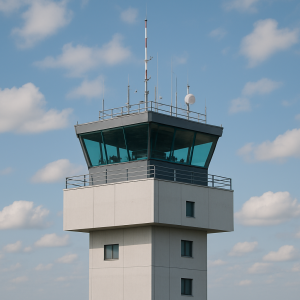 Environmental, Social, and Governance (ESG) reporting is no longer optional—it’s now a business imperative. Regulations are tightening, investors are watching closely, and stakeholders—from customers to employees—demand transparency. However, for most companies, ESG reporting is often complex and messy. The data is scattered, hard to verify, and usually outdated by the time it’s published. This is where S4HANA services come into play, offering real-time data integration and streamlined processes to support accurate, timely ESG disclosures.
Environmental, Social, and Governance (ESG) reporting is no longer optional—it’s now a business imperative. Regulations are tightening, investors are watching closely, and stakeholders—from customers to employees—demand transparency. However, for most companies, ESG reporting is often complex and messy. The data is scattered, hard to verify, and usually outdated by the time it’s published. This is where S4HANA services come into play, offering real-time data integration and streamlined processes to support accurate, timely ESG disclosures.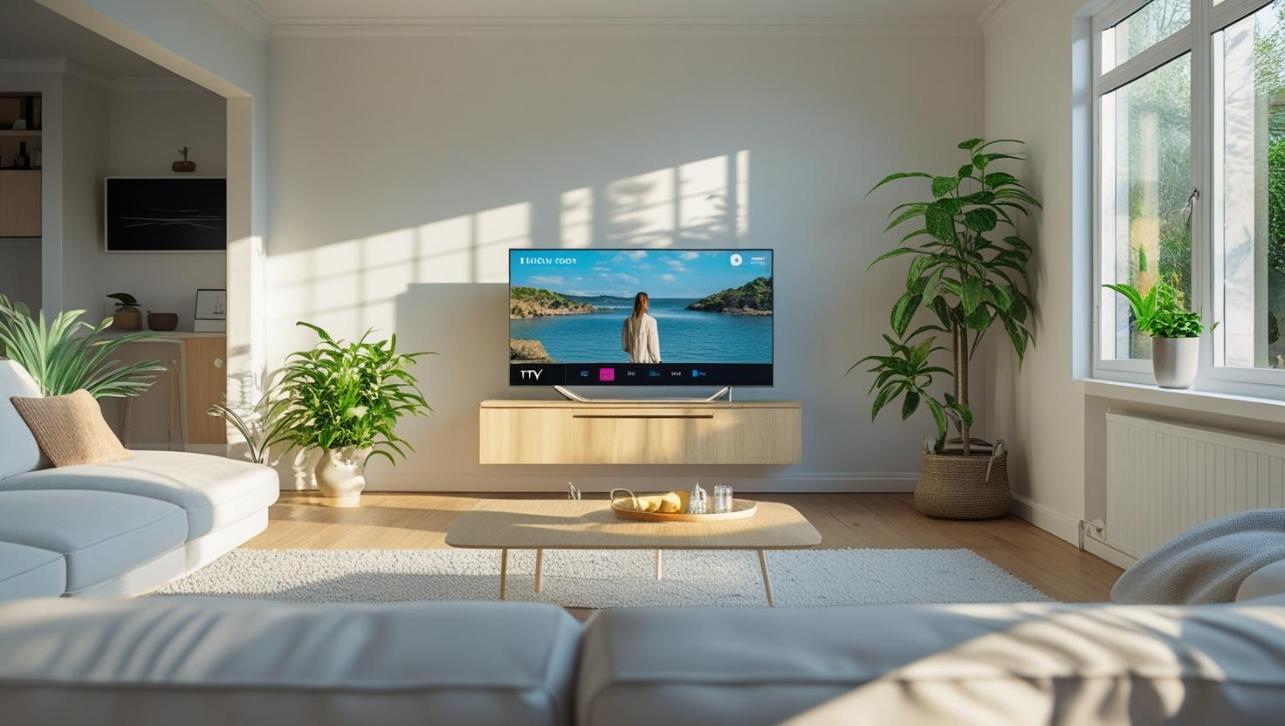
 In today’s world, the environment and technology are more connected than ever. From smart farming to clean energy, tech has helped solve many environmental issues. In the world of gaming, especially tactical games, Eft cheats and hacks are becoming more common.
In today’s world, the environment and technology are more connected than ever. From smart farming to clean energy, tech has helped solve many environmental issues. In the world of gaming, especially tactical games, Eft cheats and hacks are becoming more common.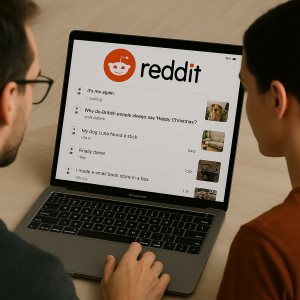 Reddit’s shadowban system has long been a key part of how the platform enforces its rules. Unlike outright bans, which notify users and cut off access, shadowbans are stealthy. A user can still post and comment, but no one else sees it. The idea is to limit the reach of spam or abusive behavior without sparking confrontation or ban evasion. However, this quiet moderation method also tells a larger story—about how platforms across the web are evolving in their enforcement of rules, management of user behavior, and response to the pressure to keep online spaces safe. If you suspect you’ve been affected, try this free tool to check your shadowban status.
Reddit’s shadowban system has long been a key part of how the platform enforces its rules. Unlike outright bans, which notify users and cut off access, shadowbans are stealthy. A user can still post and comment, but no one else sees it. The idea is to limit the reach of spam or abusive behavior without sparking confrontation or ban evasion. However, this quiet moderation method also tells a larger story—about how platforms across the web are evolving in their enforcement of rules, management of user behavior, and response to the pressure to keep online spaces safe. If you suspect you’ve been affected, try this free tool to check your shadowban status.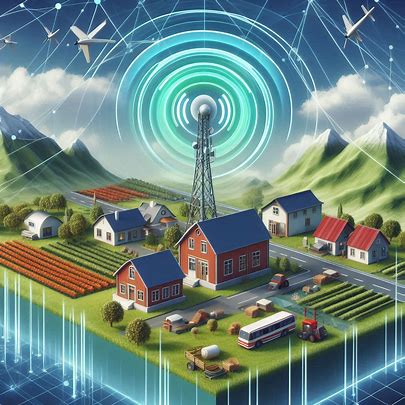


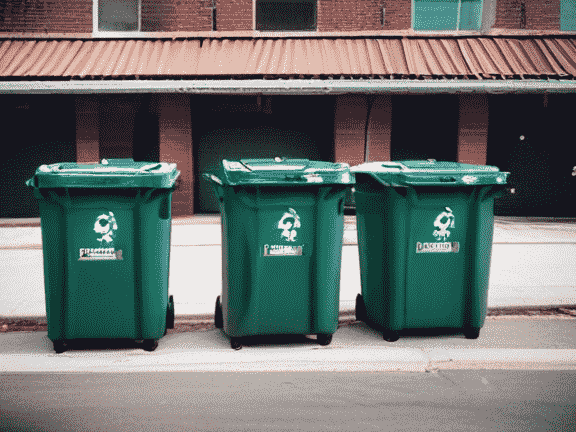
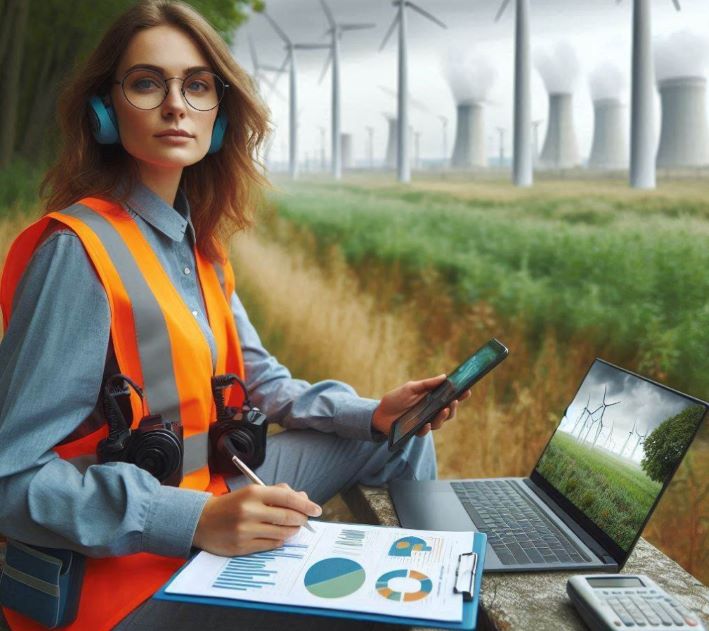
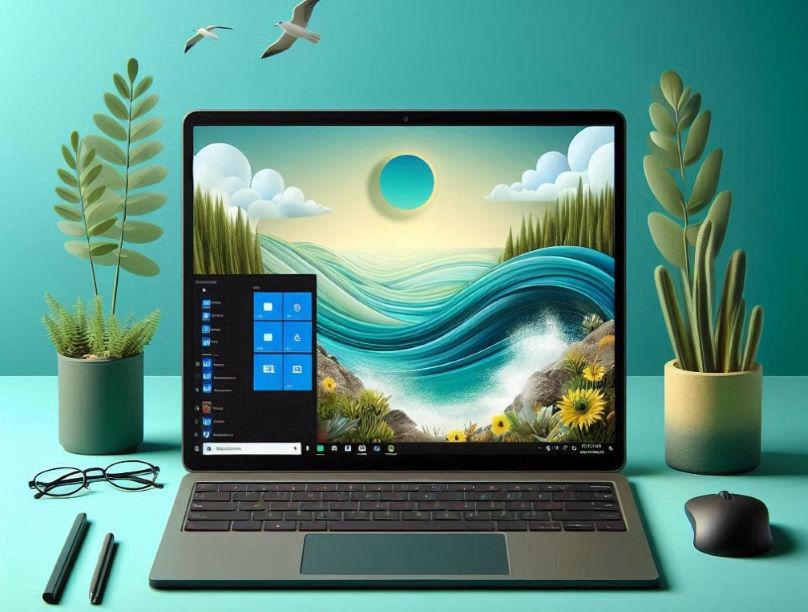


 If you’re looking for a windows 10 home key to activate the Operating System in your computer, be in the know there are different ways you can get a legitimate MS-Windows activation code. However, if you are looking for a Windows 9 home key, our advice is for you to immediately scan your computer for viruses or malware. Have awareness that Microsoft did not release a Windows 9 OS. You can get confirmation of this information from the Microsoft Support Site.
If you’re looking for a windows 10 home key to activate the Operating System in your computer, be in the know there are different ways you can get a legitimate MS-Windows activation code. However, if you are looking for a Windows 9 home key, our advice is for you to immediately scan your computer for viruses or malware. Have awareness that Microsoft did not release a Windows 9 OS. You can get confirmation of this information from the Microsoft Support Site. The release of the Windows 10 version marked the use of a digital license to automatically install the Microsoft product purchased directly from its online store. Apparently a Windows 10 product key is no longer functional to use as a program activator because the digital license already functions as such for the Windows 10 and thereafter the Windows 11 versions,
The release of the Windows 10 version marked the use of a digital license to automatically install the Microsoft product purchased directly from its online store. Apparently a Windows 10 product key is no longer functional to use as a program activator because the digital license already functions as such for the Windows 10 and thereafter the Windows 11 versions, A solid foundation of customer support for IPTV forms the backbone of any reputable service and reassures users that help is at hand, whenever necessary. Before taking the plunge with either legal IPTV providers or unverified IPTV services, potential subscribers must assess VPN compatibility for a secure and anonymous viewing experience, safeguarding against any legal ambiguities. Delve into
A solid foundation of customer support for IPTV forms the backbone of any reputable service and reassures users that help is at hand, whenever necessary. Before taking the plunge with either legal IPTV providers or unverified IPTV services, potential subscribers must assess VPN compatibility for a secure and anonymous viewing experience, safeguarding against any legal ambiguities. Delve into 



 The convergence of technology, communications, and environmental consciousness has become more vital than ever. This intersection not only drives innovation but also plays a crucial role to define tacit knowledge – the unspoken, intuitive insights that are often challenging to articulate but essential for sustainable practices.
The convergence of technology, communications, and environmental consciousness has become more vital than ever. This intersection not only drives innovation but also plays a crucial role to define tacit knowledge – the unspoken, intuitive insights that are often challenging to articulate but essential for sustainable practices.



